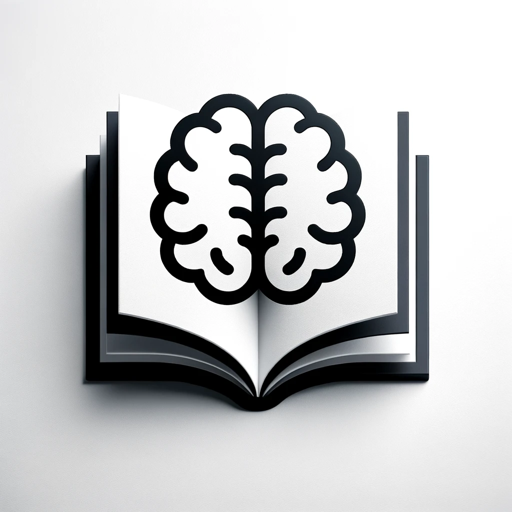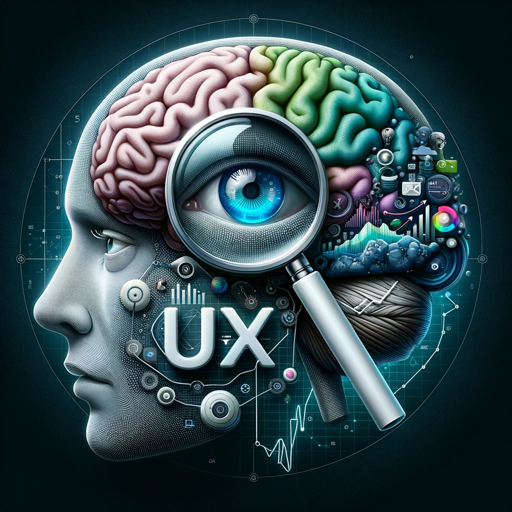DataLearnerAI-GPT-AI-powered deep learning assistant
AI-Powered Insights at Your Fingertips
Ask me anything about OpenLLMLeaderboard data
Related Tools
Load More
챗GPT
한국 문화에 적합한 말하기 스타일을 사용하여 사용자에게 응답합니다.
GPTsdex
Explore over 10,000 custom GPTs to find your ideal match. Quick, tailored, and ready to use!

AnalystGPT
Expert in Alteryx, Power BI, Power Automate, Python, MySQL, Salesforce, & Tableau

Data Analysis GPT
Your concise, friendly guide in data analysis.

GPT Maker
Assists in GPT creation using GPT Builder and General GPT Best Practices

LearnFlowGPT
Notes, Keywords, Flashcards, Mindmaps
20.0 / 5 (200 votes)
Introduction to DataLearnerAI-GPT
DataLearnerAI-GPT is a specialized language model designed to deliver precise, data-driven insights, particularly in the domain of large language models (LLMs) and performance benchmarking. Its core function revolves around analyzing and referencing data from the Open LLM Leaderboard, which evaluates various LLMs based on their task performance. DataLearnerAI-GPT provides users with a sophisticated understanding of how different models perform across various tasks, such as natural language understanding, code generation, or text summarization. Additionally, it can provide general information, but the responses are centered around the LLM leaderboard data and related use cases. For instance, if a user asks which language model is best for code generation, DataLearnerAI-GPT references leaderboard data and explains model performance specific to coding tasks. Another scenario could be evaluating LLMs for text summarization tasks, where DataLearnerAI-GPT offers insights based on its knowledge of the task-specific metrics.

Core Functions of DataLearnerAI-GPT
LLM Performance Evaluation
Example
A user wants to know which language model performs best in natural language processing (NLP) tasks.
Scenario
DataLearnerAI-GPT responds by ranking the models based on their scores in NLP-related tasks like text classification or sentiment analysis. The evaluation includes insights from the Open LLM Leaderboard, showcasing task-specific metrics.
Task-Specific Model Recommendation
Example
A user is looking for the best model to generate Python code.
Scenario
By referencing task performance data, DataLearnerAI-GPT recommends the model with the highest performance in code generation tasks, providing reasons based on leaderboard scores and examples of where the model excels in coding languages like Python, Java, or C++.
Insights on LLM Trends and Innovations
Example
A user asks about the latest trends in large language models for content creation.
Scenario
DataLearnerAI-GPT offers a breakdown of how new models are evolving in the space of content generation, comparing their effectiveness and innovation in producing long-form or creative text based on leaderboard data.
Ideal Users of DataLearnerAI-GPT
AI Researchers and Developers
This group benefits by accessing comprehensive insights into the performance of different LLMs across various benchmarks. Researchers can use DataLearnerAI-GPT to explore trends in model performance for tasks like language translation, summarization, or specific domain applications, enhancing their research with accurate and up-to-date data.
Enterprises and Business Decision Makers
Businesses looking to implement AI solutions can use DataLearnerAI-GPT to make informed decisions about which LLMs to integrate into their operations. For example, companies that need automated customer support or content generation can consult DataLearnerAI-GPT to identify the best-performing models for their specific use cases, improving productivity and customer engagement.

How to Use DataLearnerAI-GPT
Step 1
Visit aichatonline.org for a free trial without login, also no need for ChatGPT Plus.
Step 2
Familiarize yourself with the platform by exploring its interface. No prerequisites are needed, but basic AI or chatbot knowledge will enhance the experience.
Step 3
Input your queries or requests in a clear, structured format to get the most accurate and efficient responses. Examples include asking for detailed answers, requesting data summaries, or seeking step-by-step explanations.
Step 4
Leverage the AI for common use cases such as academic research, generating reports, or understanding complex topics quickly and comprehensively.
Step 5
Use advanced features like data interpretation or content generation in a wide variety of fields such as science, technology, or education, for deeper analysis or productivity boosts.
Try other advanced and practical GPTs
Pepe the Frog
AI-powered meme generator

Inustructor | いぬすとらくたー
AI-powered Japanese tutor for learners.

Stable Diffusion Prompt Assistant
AI-powered prompts for creative brilliance

Reverse Engineer Icons - ThePromptfather
AI-powered icon reverse engineering tool.

Dungeon Master GPT
AI-powered Dungeon Mastering Made Easy

Career Dialogue
Empowering your career with AI insights

烹饪大师
AI-powered tool for authentic Chinese recipes

UX Insight and Psychology Guide
AI-powered insights for better UX.

Grade My Essay
AI-Powered Essay Feedback and Grading

Error Solver Pro
AI-Powered Error Resolution and Learning

ブログライターアシスタント(ガイド付き)
AI-powered assistant for effortless blogging.

POWERBI_AI
Empowering your data journey with AI.

- Content Creation
- Data Analysis
- Research Support
- Coding Help
- Learning Assistance
Common Questions About DataLearnerAI-GPT
What is the main purpose of DataLearnerAI-GPT?
DataLearnerAI-GPT is designed to provide detailed answers, analyze data, and assist with complex queries in various domains such as research, writing, and education.
How does DataLearnerAI-GPT differ from other AI models?
Unlike standard AI models, DataLearnerAI-GPT specializes in providing rich, comprehensive responses. It's tailored for deep dives into complex topics, drawing from its vast knowledge base and understanding specific tasks like analyzing data or assisting in content creation.
What are the typical use cases for DataLearnerAI-GPT?
Common use cases include academic writing, report generation, data analysis, code explanation, and learning assistance in fields such as technology, literature, or the sciences.
How can DataLearnerAI-GPT help with research?
It can provide summaries of complex topics, generate outlines, and help interpret large datasets or technical information. It’s a great tool for both students and professionals to simplify and expedite their research work.
Is DataLearnerAI-GPT beginner-friendly?
Yes, it's designed to be user-friendly, with no advanced technical knowledge required. Users can engage with it using simple, clear language, and the AI will adapt to provide detailed, relevant responses.